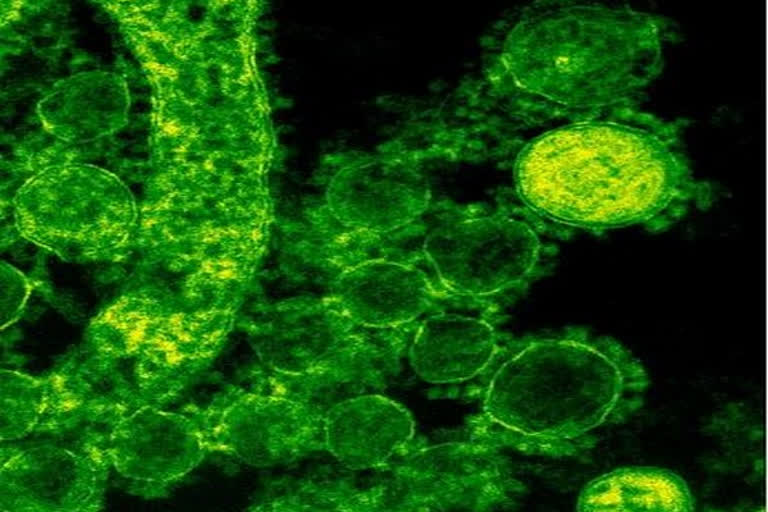Washington [US]: Besides the skin, the digestive tract is the tissue that is most exposed to environmental influences such as bacteria and viruses. Therefore, cells that form these barriers to the interior of the body also have special defence mechanisms. A research team led by Professor Dr Thorsten Hoppe has now shown that RNA interference, or RNAi for short, which is known to be a viral defence mechanism, also prevents the overproduction of the body's own proteins in intestinal cells. The study 'ER-Associated RNA Silencing Promotes ER Quality Control' has been published in the journal Nature Cell Biology.
RNAi is able to recognize, bind, and ultimately degrade RNA from viruses. This prevents the production of viral proteins. With the help of green fluorescent proteins and further analyses in the nematode Caenorhabditis elegans, the UoC research team was able to show that RNAi also intervenes in cells during protein production to maintain the protein balance (protein homeostasis) of the intestinal cells.
The body's own protein production starts with the copying of DNA and the creation of the template molecule, also known as the messenger RNA (mRNA), in the cell nucleus. The mRNA is then taken to the endoplasmic reticulum (ER), where a protein is produced from the template molecule. As in a factory, the manufactured proteins are subject to a strict quality control. Deficient proteins are exported from the ER and degraded to avoid cellular waste and extensive negative consequences for the physiology and functionality of the cell as well as the tissue.
Also read:Researchers reveal how metastatic cancer causes leaky blood vessels
